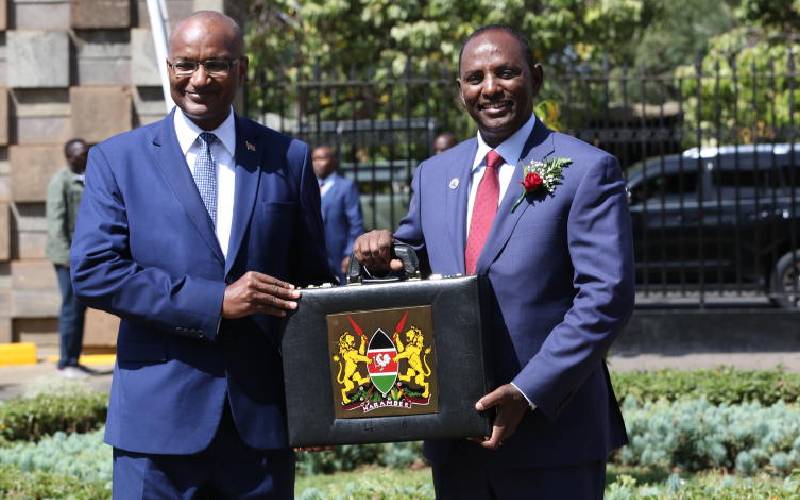×
The Standard e-Paper
Kenya’s Boldest Voice

Of the many functions performed by the Central Bank of Kenya (CBK), regulating the foreign exchange market has been close to the heart of the current boss Dr Patrick Njoroge.
Yet, the shilling has been on a free fall. It has suffered the longest nose-dive in recent times, with one dollar fetching 115.7 units of the local currency in the foreign exchange (FX) market.